
Selected reviews about elderly care communities
Selected reviews about elderly care communities offer valuable insights into the experiences of residents and their families. These reviews can highlight the strengths and weaknesses of different communities, helping you make an informed decision when choosing the right care for your loved one.
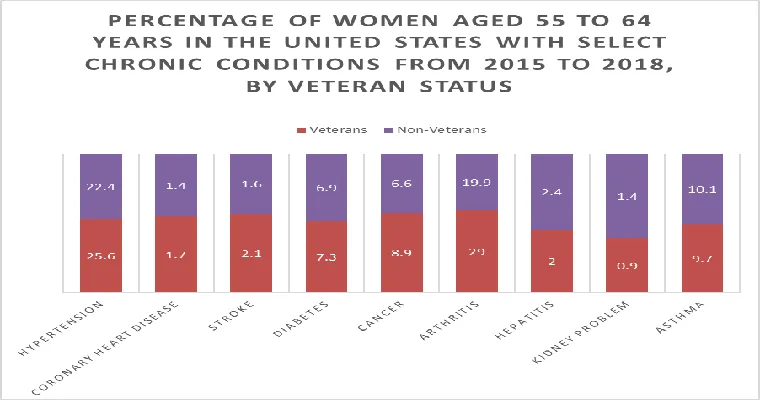
Does the VA help pay for assisted living for my brother who was in the army for 9 years and has Hepatitis and cirrhosis of the liver?
The VA may provide financial assistance for assisted living through programs like Aid and Attendance, particularly for veterans with health conditions such as hepatitis and cirrhosis. Eligibility depends on various factors, including service duration and financial need, so it's important to consult with a VA representative for personalized guidance.

My husband has Stage 4 cirrhosis of the liver. He has mini sessions of uncontrollable shakes. What's going on?
Stage 4 cirrhosis can lead to complications such as hepatic encephalopathy, which may cause uncontrollable shakes or tremors. This occurs when the liver fails to remove toxins from the blood, affecting brain function. It's essential to consult a healthcare professional for a proper evaluation and management of these symptoms.

Mother not rational, lying and filing lawsuit based on lies. How can we keep my mom from wrecking us financially with lawsuit based on lies?
A mother, driven by irrationality and falsehoods, is pursuing a lawsuit that threatens to drain financial resources. To protect against her actions, it's essential to gather evidence, seek legal advice, and establish open communication with family members. Building a strong support network can help mitigate the impact of her claims.

Do not know how to make a decision about sending husband from hospice home care to nursing home/memory care. Burnt out and severely depressed.
Facing the difficult choice of transitioning a husband from hospice home care to a nursing home or memory care, the emotional weight feels overwhelming. Burnout and severe depression complicate the decision-making process, leaving a sense of uncertainty and fear about what is best for both him and herself during this challenging time.

Is the nutrition drink Ensure bad for a Hep C girl friend?
Ensure is a nutritional drink often used for meal supplementation, but its suitability for someone with Hepatitis C depends on individual health needs and dietary restrictions. It's essential for your girlfriend to consult her healthcare provider before incorporating Ensure into her diet to ensure it aligns with her treatment plan and nutritional requirements.

How much longer? ESLD
End-stage liver disease (ESLD) signifies the final phase of chronic liver conditions, where liver function declines significantly. Patients may experience severe symptoms, including jaundice, ascites, and confusion. Survival depends on various factors, including overall health and potential for liver transplantation, leading to uncertainty about life expectancy and quality of life.
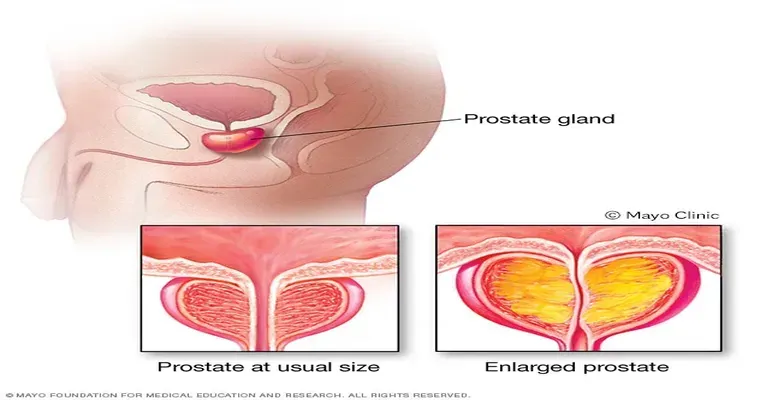
Prostate Problems in Elderly Men
Prostate problems in elderly men commonly include benign prostatic hyperplasia, prostatitis, and prostate cancer. These conditions can lead to symptoms like frequent urination, difficulty urinating, and pelvic pain. Regular check-ups and early detection are crucial for effective management and treatment, improving quality of life for affected individuals.
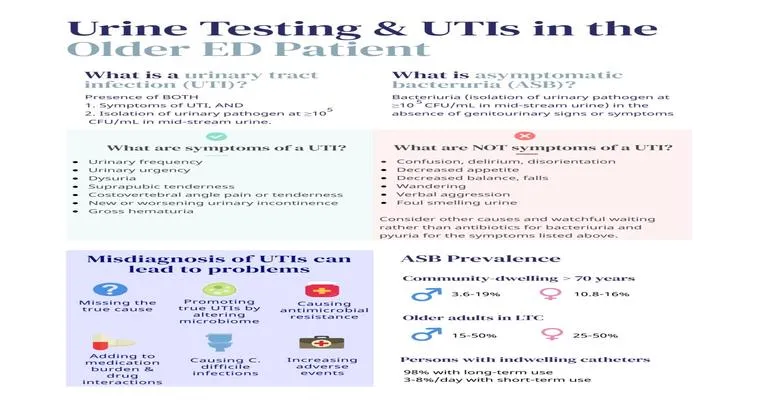
UTI in the Elderly: Signs, Symptoms and Treatments
Urinary tract infections in the elderly often present atypically, with signs like confusion, agitation, or weakness instead of classic symptoms such as pain or fever. Treatment typically involves antibiotics, but prevention through hydration and regular bathroom visits is crucial for this age group to reduce recurrence and complications.
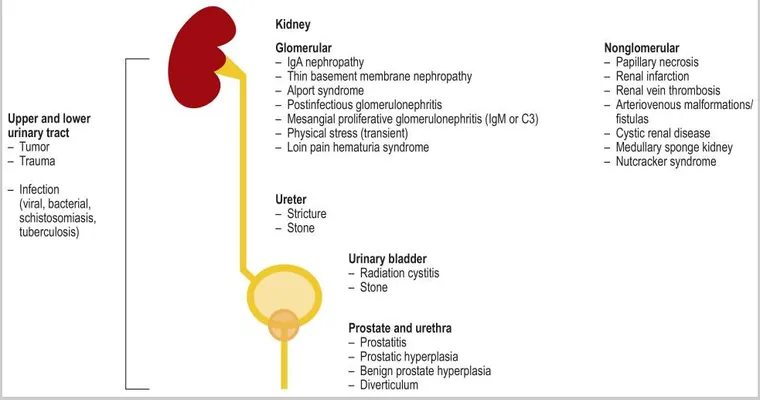
Hematuria in the Elderly
Hematuria in the elderly refers to the presence of blood in urine, often indicating underlying health issues. Common causes include urinary tract infections, kidney stones, and malignancies. Prompt evaluation is essential to determine the cause and initiate appropriate treatment, as it may signify serious conditions requiring immediate medical attention.

How to Pick a Pet for a Senior Citizen
Choosing a pet for a senior citizen involves considering their lifestyle, physical capabilities, and personal preferences. Smaller, low-energy animals like cats or small dog breeds are often ideal. It's essential to ensure the pet requires manageable care and can provide companionship without overwhelming the owner, enhancing their overall well-being.
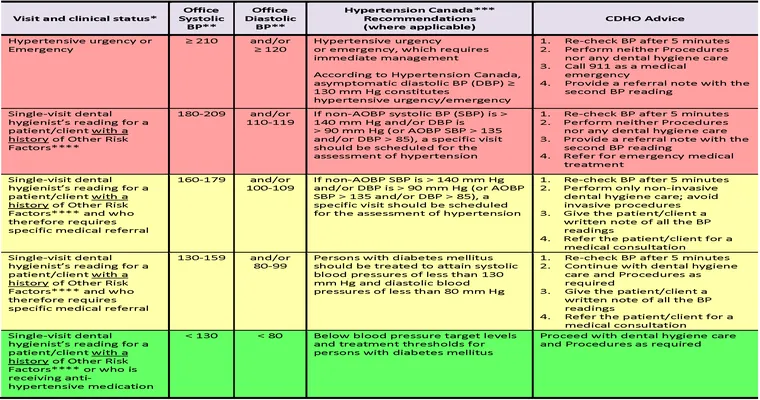
High Blood Pressure Guidelines and Treatments for Seniors
High blood pressure in seniors often requires tailored management strategies. Guidelines emphasize regular monitoring, lifestyle modifications like diet and exercise, and medication when necessary. Healthcare providers may recommend lower blood pressure targets to minimize risks of heart disease and stroke, ensuring treatments align with individual health conditions and overall wellness.
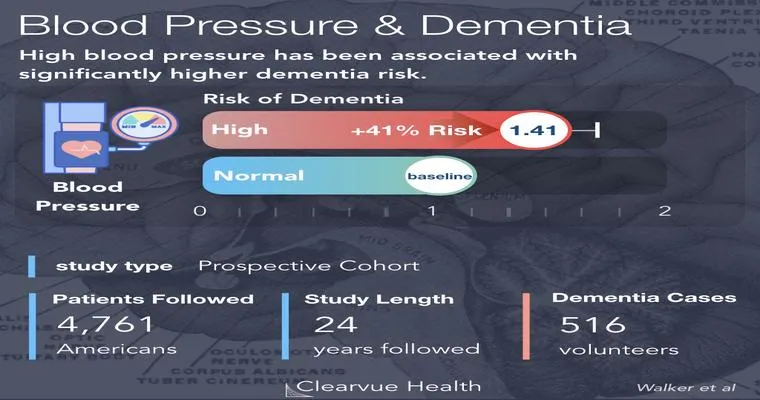
3 Ways Blood Pressure Meds Can Lower Your Dementia Risk
Blood pressure medications may reduce dementia risk by improving blood flow to the brain, protecting against vascular damage, and lowering inflammation. These effects can help maintain cognitive function and prevent the onset of neurodegenerative diseases, contributing to better overall brain health as individuals age.

Why I’m Ditching the Blood Pressure Pills I’ve Taken for 40 Years
After four decades on blood pressure medication, I've decided to stop due to concerns about side effects and long-term health impacts. Exploring lifestyle changes like diet and exercise has shown promising results. I believe embracing a holistic approach may provide better control over my health without relying solely on pills.
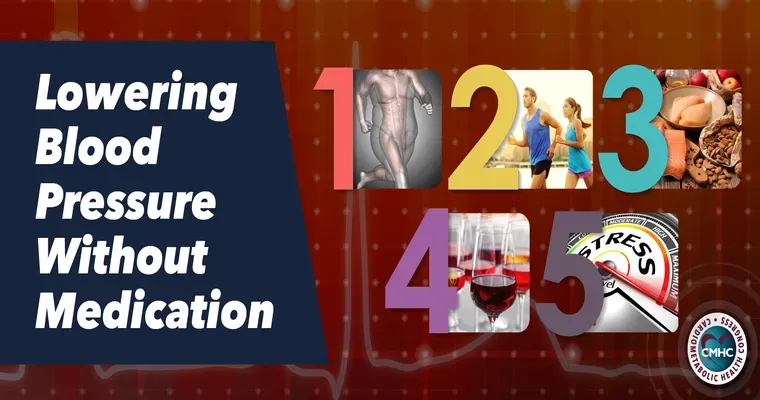
Lowering My Blood Pressure without Pills
Lowering blood pressure without medication involves lifestyle changes such as adopting a balanced diet rich in fruits and vegetables, maintaining a healthy weight, engaging in regular physical activity, managing stress through techniques like meditation or yoga, and reducing sodium intake. These natural methods can effectively promote heart health and overall well-being.

Hepatitis C: Have You Been Tested?
Hepatitis C is a viral infection that affects the liver, often leading to serious health issues if untreated. Many people may not realize they are infected due to mild or absent symptoms. Testing is crucial for early detection and effective treatment, helping to prevent long-term complications and improve health outcomes.
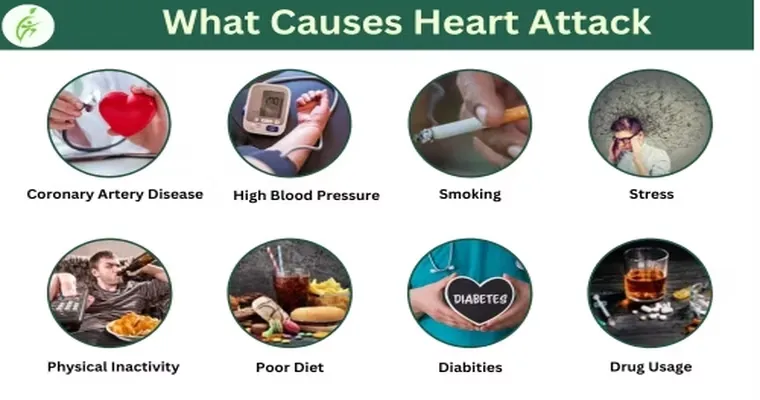
Changes to Make in Your Life After a Heart Attack
After a heart attack, adopting a heart-healthy lifestyle is crucial. Focus on a balanced diet rich in fruits, vegetables, and whole grains, while reducing sodium and unhealthy fats. Regular exercise, stress management techniques, and avoiding tobacco are essential. Stay informed about your condition and maintain regular medical check-ups for ongoing support.
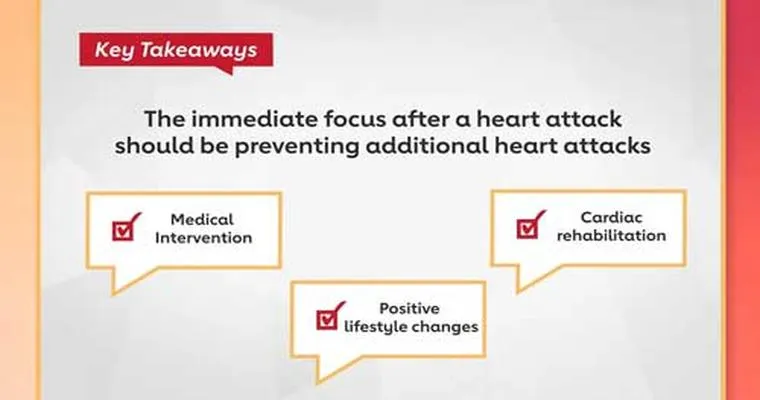
What to Expect After a Heart Attack
After a heart attack, individuals may experience physical and emotional changes. Common expectations include fatigue, anxiety, and a need for lifestyle adjustments, such as diet and exercise. Medical follow-ups are essential to monitor recovery, and support from healthcare professionals and loved ones plays a crucial role in the healing process.

Hyper-sensitivity to background noise is causing mother to be suicidal. Any suggestions?
A mother struggling with hyper-sensitivity to background noise finds her mental health deteriorating, leading to suicidal thoughts. The constant barrage of sound creates overwhelming stress, making daily life unbearable. Seeking professional help, exploring sound therapy, and creating a quieter home environment may provide relief and support for her well-being.

Is there a device that just displays, one-way VISUAL text messages on a large screen for elderly people who have hearing problems?
A specialized device designed for elderly individuals with hearing difficulties can display one-way visual text messages on a large screen. This user-friendly system allows caregivers or family members to send important messages, reminders, and updates, ensuring effective communication and enhancing the independence and well-being of those with hearing impairments.

What telephone types work best for hearing impaired seniors? Mom has Alzheimer's and has hearings aides, but has trouble on phone calls.
For hearing impaired seniors, especially those with Alzheimer's, phones that amplify sound, have adjustable volume controls, and include visual aids like large buttons or screens are ideal. Consider options with speakerphone capabilities, hearing aid compatibility, and simplified interfaces to enhance communication and ease of use during calls.
Page 64 of 134